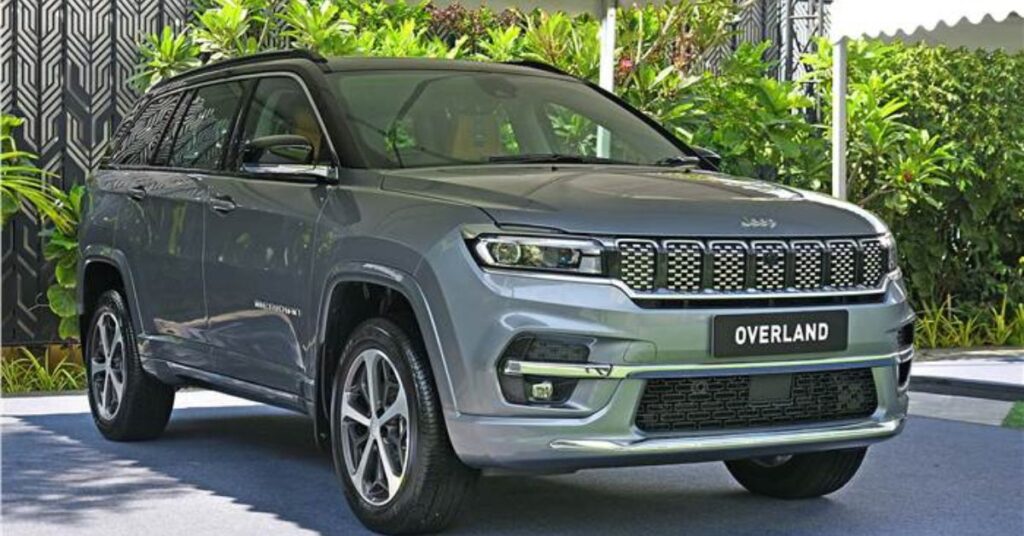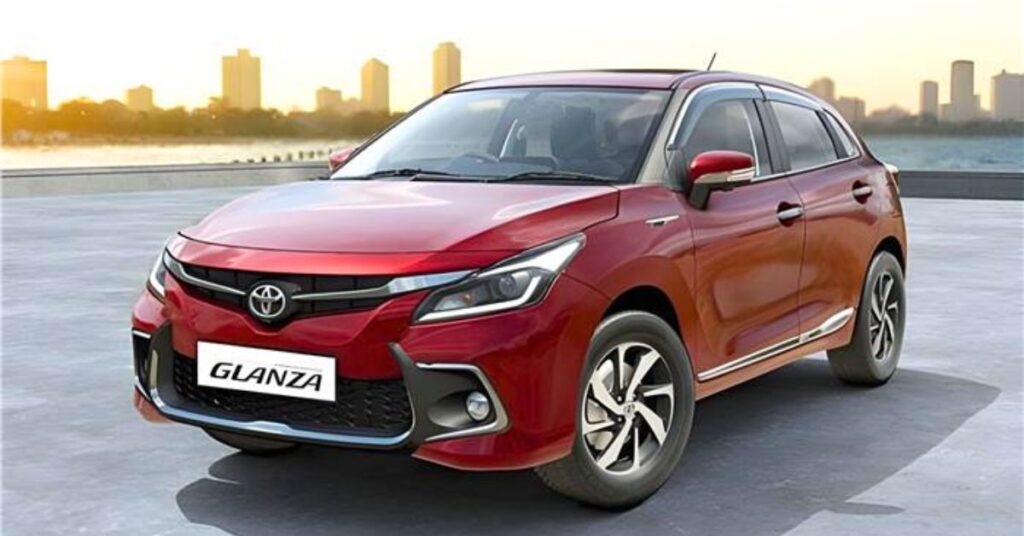The Indian government has greenlit a groundbreaking policy aimed at attracting investments in the electric vehicle (EV) sector. Under the new policy framework, companies are encouraged to invest a minimum of Rs 4,150 crore, with no ceiling on the upper limit.
Key Provisions of the Policy
However, there’s a pivotal condition attached. Participating companies must establish manufacturing facilities within India within a three-year timeframe and kickstart commercial production of EVs. As an added incentive, companies investing in EV manufacturing will enjoy limited imports of cars at a reduced customs duty rate.
Customs Duty Reduction and Localisation Targets
According to the policy, vehicles with a Cost, Insurance, and Freight (CIF) value of USD 35,000 (over Rs 29 lakh) will be subjected to a 15 percent customs duty rate (as applicable on Completely Knocked Down units) for a five-year period, provided the manufacturer sets up a manufacturing facility within the stipulated three years. Moreover, companies must achieve 25 percent and 50 percent localization by the third and fifth year, respectively.
Tesla’s Long-Awaited Entry
This development is particularly noteworthy as US-based EV giant Tesla has been lobbying with the Indian government for years to reduce import duties. Despite facing resistance from both Indian and foreign manufacturers operating in India, Tesla’s persistence seems to have paid off with this policy update.
Government’s Vision for the EV Sector
In a statement, the government highlighted the multiple benefits this policy brings, including providing Indian consumers access to cutting-edge technology, bolstering the Make in India initiative, and fostering a competitive landscape among EV players. Additionally, the policy aims to spur high-volume production, achieve economies of scale, lower production costs, reduce crude oil imports, diminish the trade deficit, and combat urban air pollution, thus benefiting public health and the environment.
Limits on Import and Investment
The policy sets a cap on the number of EVs allowed for import, with a maximum of 40,000 units or 8,000 per year if the investment exceeds USD 800 million (over Rs 66,000 crore). The scheme also allows for the carryover of unutilized annual import limits. Moreover, companies must back their investment commitments with a bank guarantee equivalent to the customs duty forgone, which will be invoked in case of non-compliance with the scheme guidelines.
Ensuring Commitment and Preventing Share Dilution
Furthermore, companies considered for selection under this scheme are prohibited from diluting their shareholding (direct or indirect) during the tenure of the policy, ensuring their commitment to the Indian market and the objectives of the EV policy.
By combining incentives, targets, and strict enforcement mechanisms, the Indian government aims to catalyze the growth of the EV sector, with Tesla’s impending entry signaling a significant milestone in India’s journey towards electric mobility.
Read More:




